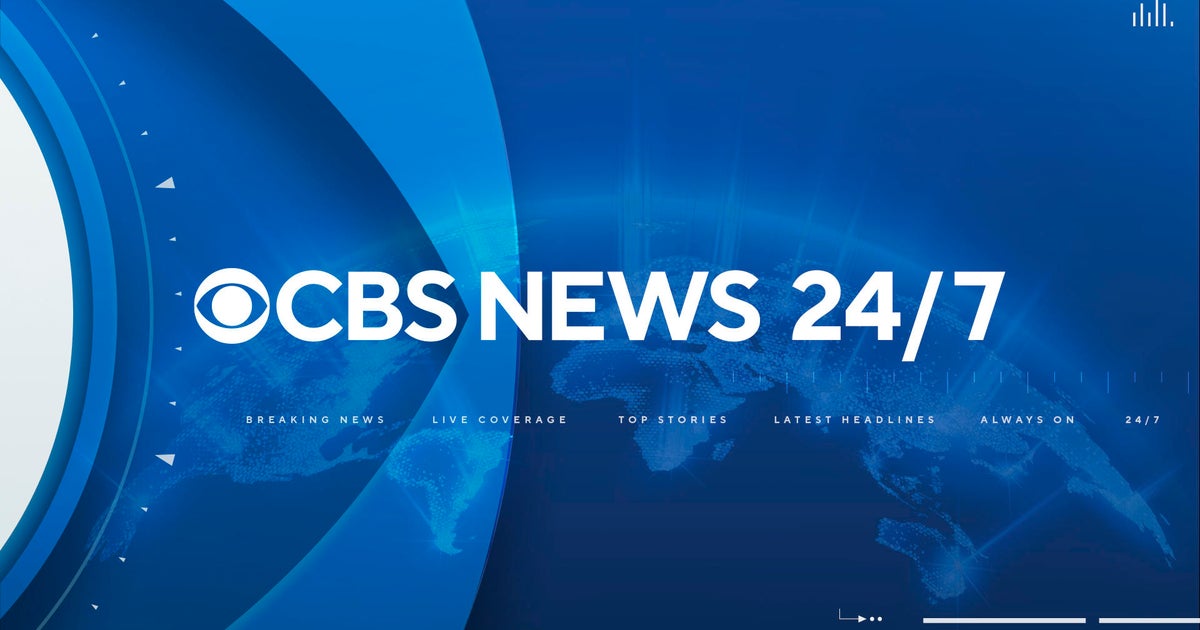Damaging News: Stay Upgraded with Today's Top Headlines
Browsing the News Landscape: Tips for Searching For Credible Info
In an age where info is plentiful yet typically unreliable, browsing the news landscape with discernment is paramount. Developing the trustworthiness of resources is the first step, as comprehending the certifications of authors and the reputation of their publications can substantially influence the high quality of info taken in.
Assessing Source Credibility
Assessing resource trustworthiness is necessary for making sure the dependability of details in an age marked by details overload. As individuals navigate numerous forms of media, from electronic posts to social networks, critical legitimate sources ends up being critical. Trick elements to think about when assessing source credibility consist of the authority of the author, the magazine's reputation, and the proof provided to support claims.
First, take a look at the author's certifications and proficiency in the topic. Writers with pertinent academic or specialist backgrounds are a lot more likely to give trusted insights. Next off, take into consideration the publication's online reputation; developed media outlets normally follow journalistic requirements and fact-checking methods, making them more credible.
Additionally, assess the quality and importance of the proof offered. Trustworthy resources often point out peer-reviewed research studies, specialist interviews, or official stats, which bolsters their insurance claims.
Cross-Checking Details
Cross-checking information is an essential practice for validating the precision of cases and preventing the risks of misinformation. This procedure includes comparing info from numerous credible sources to identify its legitimacy.
To effectively cross-check info, it is important to utilize diverse sources, consisting of developed wire service, scholastic journals, and specialist viewpoints. Each resource may give a distinct perspective or added context that improves understanding. Furthermore, take notice of the publication days of the info being reviewed, as updates or adjustments might have been issued.
In addition, take into consideration the context in which details is offered. Seek substantiating evidence, such as information, interviews, or firsthand accounts, that lend trustworthiness to an insurance claim. Be mindful of mind-blowing headings or mentally charged language, as these can show an effort to manipulate assumption.
Identifying Predisposition and Viewpoint
Comprehending bias and viewpoint is essential for navigating the complex landscape of information. Every piece of news is filtered via the lens of the writer's experiences, beliefs, and associations, which can significantly form the narrative presented. As customers of details, it is crucial to recognize these predispositions, as they can bring about altered understandings of reality.

It is also important to acknowledge your own prejudices. Individual ideas can influence exactly how you analyze info, making it important to approach news with an essential state of mind. Engaging with diverse point of views can help combat personal prejudices, enabling a much more rounded understanding of issues.
Ultimately, identifying prejudice and point of view in news coverage is not merely a scholastic exercise; it is a crucial skill for notified citizenship in a democratic society. By cultivating this understanding, individuals can make even more enlightened decisions and add to a much more nuanced public discussion.
Comprehending Fact-Checking Resources
Fact-checking resources play a critical duty in discerning the precision find this of information in an age marked by false information and sensationalism. These resources, which include independent organizations and online systems, are committed to confirming cases made by public numbers, media outlets, and social media sites articles. They employ extensive techniques to examine the legitimacy of statements, commonly citing initial resources and providing context to facilitate understanding.
Some well-known fact-checking organizations, such as Snopes, FactCheck.org, and PolitiFact, emphasis on different subjects, from political rhetoric to viral net insurance claims. Their job not just disproves incorrect information however also stresses the significance of evidence-based discussion. By seeking advice from these sources, individuals can create a much more discerning method to the details they come across.
In addition, several fact-checking systems supply straightforward interfaces that enable quick searches by subject or case, making it much easier for individuals to discover appropriate details quickly. Involving with fact-checking sources cultivates important reasoning and outfits individuals with the devices needed to navigate the complex news landscape properly, inevitably advertising a much more educated public discourse.

Making Use Of Trusted News Aggregators
In today's hectic information landscape, relied on information aggregators function as important tools for individuals seeking reliable news sources. These systems assemble information short articles from different reliable electrical outlets, supplying users with a combined view of current occasions. By curating content from established media organizations, aggregators assist customers prevent the challenges of false information and sensationalism frequently widespread in much less trustworthy sources.
When using news collectors, it is vital to select ones that focus on top quality over amount. Try to find platforms that utilize rigorous editorial criteria, ensuring that the information presented is precise and trustworthy. Popular collectors like Google Information, Feedly, and Flipboard browse around this site enable customers to customize their news feeds based on subjects of passion, enabling a tailored experience that can improve expertise and recognition.
Furthermore, collectors frequently include functions such as fact-checking assimilations and user ratings, even more assisting consumers in discerning legitimate information - news. Nevertheless, while information collectors are advantageous, users must remain attentive and cross-reference info with main resources when essential. By leveraging trusted information aggregators efficiently, individuals can navigate the complex media landscape while remaining notified with legitimate and diverse perspectives
Conclusion
In verdict, browsing the information landscape requires a systematic strategy to make sure the usage of reputable details. Evaluating resource reliability, cross-checking facts, her latest blog and acknowledging predispositions are important methods for educated discourse. In addition, using fact-checking sources and relied on information collectors boosts the capacity to determine exact reporting from false information. By employing these strategies, people can add to a more educated public discussion and foster critical reasoning when faced with a significantly complex media environment.